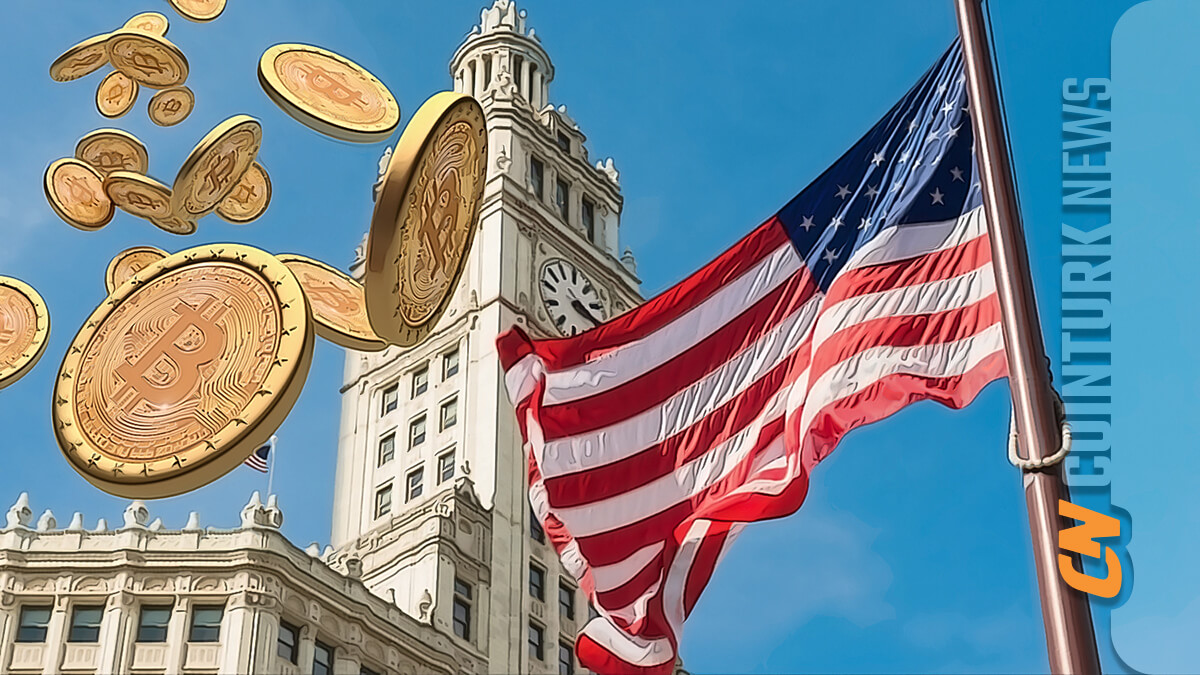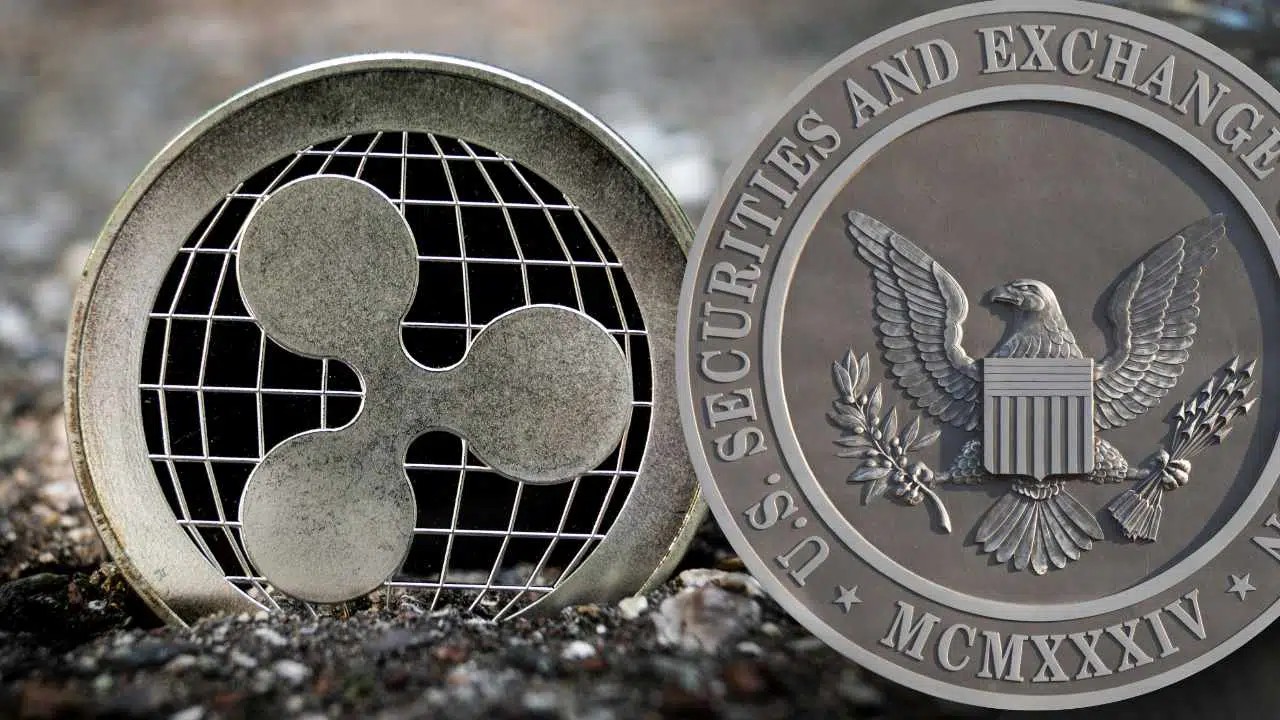The United States, the world’s most formidable power in economic, political, and military terms, reaps many advantages from this strength. For instance, it can print as much dollar as it wishes to pay off its debt, with the value of the printed money rooted back in America itself. While the greatest benefit of its political and military power seems to be its economic strength, there is a current debate about whether an unprecedented event is looming.
US Debt Ceiling and Default
As of today, the US Treasury has less than 50 billion dollars in cash for payments. If a debt ceiling agreement is not reached by June 1, the Treasury will be unable to make payments by June 15, resulting in its first-ever default.
US Treasury Secretary Janet Yellen warned weeks ago that if the debt ceiling isn’t suspended or increased, the government’s funds would soon be exhausted. Yellen asserted that if lawmakers remain at an impasse and cannot agree on spending, Washington will be unable to pay its bills.
Previous disputes over the debt ceiling have shaken markets. A prolonged disagreement in 2011 caused the S&P 500 to lose 16% of its value, unsettling investors before a resolution was reached. This time, Wall Street yawned. The S&P 500 has seen less than a 1% decline since Yellen’s sobering remarks on May 1. However, according to CoinGecko, Bitcoin lost over 7%, and Ethereum lost approximately 3% in the same period.
Equity markets are expecting the 79th debt ceiling agreement to be concluded at the last minute, just like the previous two.
America’s “X Date”
Greg Magadini, Derivatives Products Director at Amberdata, mentioned in a recent statement that the country’s chance of defaulting is slim. However, he underscored that anything is possible. With the 2024 elections approaching, both parties have turned this process into a political propaganda. While Democrats accuse their rivals of plunging the country into chaos, Republicans open the door to an agreement on one condition: curtailing social policy spending that could reduce the Democrats’ popularity.

He stated:
Right now, this has turned into a game. Considering how crazy things have been in recent years, I believe that anything is possible.
What Will Happen to Cryptocurrencies?
Magadini predicted that if the government cannot pay its debts, risky assets such as stocks and cryptocurrencies may face short-term pains. He attributed this to a decrease in the quality of government-backed debt raising borrowing costs, increasing its inverse yield, and strengthening the dollar compared to other assets.
James Butterfill, Head of Research at CoinShares, noted that during a US default, the dollar might strengthen because traders tend to swap foreign currencies and assets for dollars.
Technically speaking, the dollar should be sold in case of a default, but it won’t. The dollar might actually strengthen in reverse because people are worried, and this may not be so good for Bitcoin.
Gordon Grant, Co-Chairman of Genesis, believes that cryptocurrencies may initially face substantial pressure but rise after the default event.
Perhaps there could be an initial decline because risky assets will definitely suffer a rout as the stock market will crash. Probably, the Bitcoin price will rise even more.
Both Grant and Magadini point out the increasing volumes in the Bitcoin options market as a potential default nears, implying that an increase in volatility is expected. Bitcoin is historically at an all-time low in terms of volatility, and historical data suggest we should see a significant price movement (downward or upward) soon.
All these possibilities aside, as we mentioned at the beginning of this article, it is expected that the debt ceiling will be raised by June 1 or a date close to that. Any chaos might put both parties in a tough spot in the eyes of voters, and this game will end at some point.


 Türkçe
Türkçe Español
Español









